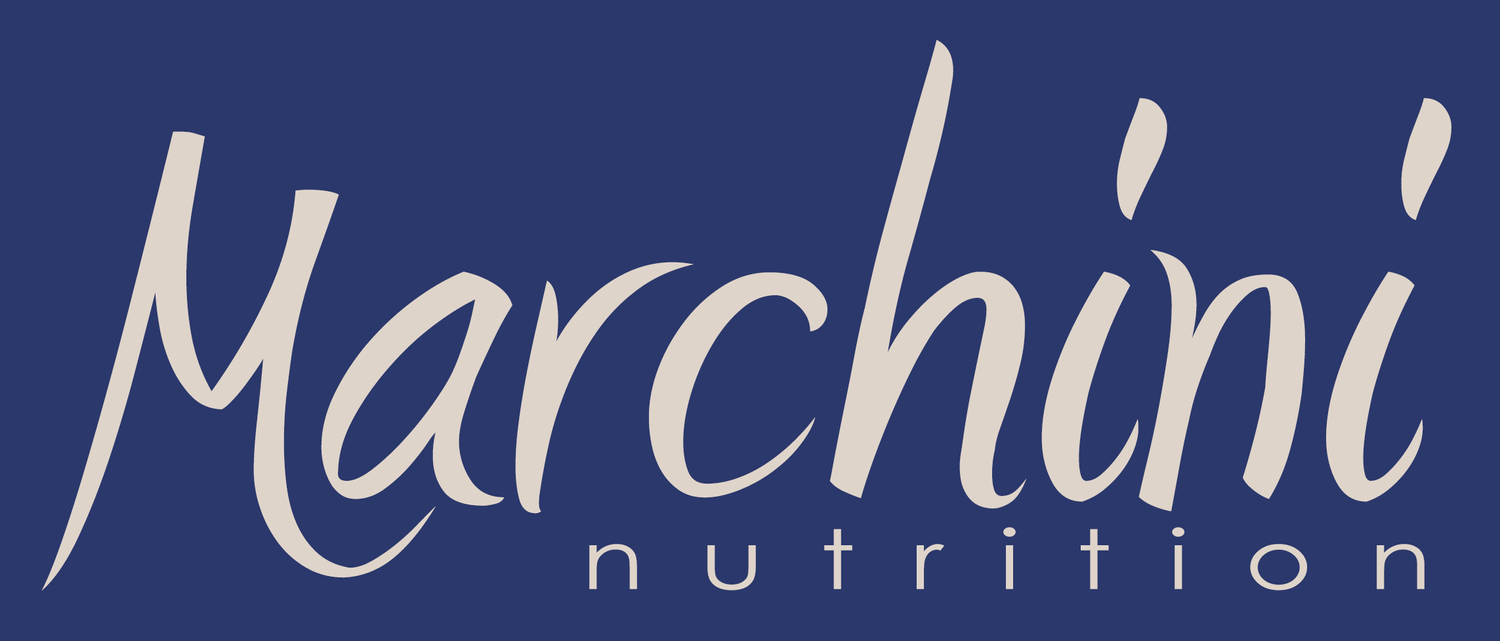Conditions that benefit from a gluten free diet for fertility - Coeliac disease
Article 1 of 5 on conditions that benefit from a gluten free diet for fertility – Coeliac disease
By Sally Marchini APD and Certified Fertility Dietitian
A gluten-free diet is essential for individuals with certain health conditions, but did you know that some of these conditions are also linked to fertility issues? As is a nutritionally poor gluten free diet, so just going ‘gluten free’ will not help.
Many people struggle with infertility without realising that an underlying health issue—often one that necessitates a gluten-free diet—could be contributing to their difficulties conceiving. This series of articles explore the key conditions that require a gluten-free diet or may benefit from a gluten free diet, and how they may impact fertility.
We will look at coeliac disease (this article) then cover Non-Coeliac Gluten Sensitivity (NCGS), Hashimoto’s Thyroiditis, Polycystic Ovarian Syndrome (PCOS) and gluten sensitivity, and last but not least Endometriosis and gluten sensitivity.
Let’s start here with coeliac disease as the only treatment for it is a strict gluten free diet.
1. Coeliac Disease and Fertility
Coeliac disease is an autoimmune disorder where the ingestion of gluten triggers an immune response that damages the small intestine. It affects about 1-2% of the global population, though many cases go undiagnosed. The damage to the intestines prevents proper nutrient absorption, which can have far-reaching effects on overall health, including fertility.
Coeliac disease, if not treated carefully, can result in nutritional deficiencies not only by malabsorption of critical nutrients, but also by the diet not being sufficiently balanced in these critical nutrients. These can include iron, folate, zinc, iodine, thiamine and vitamin D (among others) and can lead to hormonal imbalances that affect ovulation and sperm production.
Coeliac disease has also been linked to irregular menstrual cycles, early menopause, and conditions such as polycystic ovary syndrome (PCOS) and endometriosis, all of which can make conception more difficult. You can read about more on those topics in Blogs 4 & 5 in this series.
In cases of recurrent miscarriage and low iron levels, coeliac disease is a recommended test as gastrointestinal symptoms are not always present in coeliac disease cases. Ensure you check with me or your healthcare professional to see if you should be tested – don’t just give gluten up ‘just in case’.
Following a strict gluten-free diet can help restore nutrient absorption and improve reproductive outcomes. Some studies suggest that once coeliac disease is managed with a gluten-free diet fertility rates may return to normal, but latest research indicates that this may not be the case with the nutrient deficiencies of the standard gluten free diet being recognised as inadequate for optimum health.
If you would like to discuss any elements of this article with me to see if a high quality gluten free diet may be helpful for you to improve your condition and/or your fertility chances, then please send me a personal message and I will be pleased to help you to work through your concerns.
Accredited Practising Dietitian and Certified Fertility Dietitian, Sally Marchini of Marchini Nutrition, has type 1 diabetes and coeliac disease herself and is passionate about supporting others with these and other chronic conditions. You can follow her on her Instagram account @Marchini.Nutrition and Facebook page Marchini Nutrition,
References
- Nanah, R. et al (2025). Women's Health Disorders in a Coeliac Disease Population After Diagnosis—A Nationwide Cohort Analysis - *Alimentary Pharmacology & Therapeutics*
- Azziz, R., et al. (2016). Epidemiology and pathogenesis of polycystic ovary syndrome. *Nature Reviews Endocrinology*, 12(4), 219–231.
- Caron, P., et al. (2016). Coeliac disease and autoimmune thyroid diseases. *Endocrine*, 54(3), 394–403.
- Casella, S., et al. (2018). Coeliac disease and reproductive disorders: Meta-analysis of epidemiologic associations and potential pathogenic mechanisms. *Human Reproduction Update*, 24(4), 479–488.
- de Souza, A., et al. (2018). Non-coeliac gluten sensitivity: An emerging problem? *Clinical Nutrition*, 37(6), 3858–3864.
- Kiddy, D. S., et al. (1992). Dietary influences on reproductive hormones. *Clinical Endocrinology*, 36(2), 135–141.
- Lebwohl, B., et al. (2018). The epidemiology of coeliac disease. *Gastroenterology Clinics*, 47(1), 1–20.
- Mansournia, N., et al. (2020). The effect of gluten-free diet on autoimmune thyroiditis: A review. *Journal of Clinical Research in Thyroid Disease*, 7(2), 45–52
- Brouns, F. et al (2023). Diet associations in endometriosis: a critical narrative assessment with special reference to gluten *Frontiers in Nutrition*
- Schwartz, N. et al (2022). Glycemic Index, Glycemic Load, Fiber, and Gluten Intake and Risk of Laparoscopically-Confirmed Endometriosis in Premenopausal Women *The Journal of nutrition*
- Goncalves, M., et al (2021) Analysis of non-celiac gluten sensitivity in patients with endometriosis. *Brazilian Journal of Development*
- Marziali, M. et al (2012) Gluten free diet-a new strategy for management of painful endometriosis related symptoms. *Minerva chirurgica*
- Giulienny, M.A.G. et al. (2021) Analysis of non-celiac gluten sensitivity in patients with endometriosis. *Brazilian Journal of Development*
- Armour, M. et al (2021) Dietary practices of women with endometriosis: a cross sectional survey. * Journal of alternative and complementary medicine*

